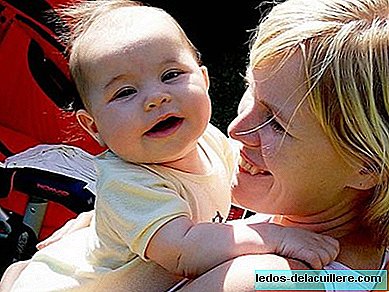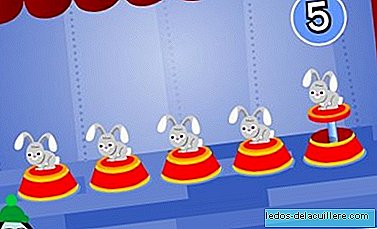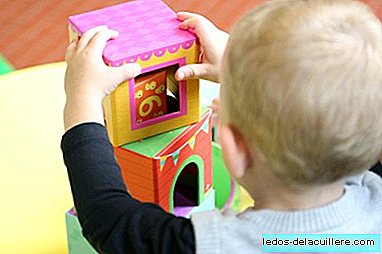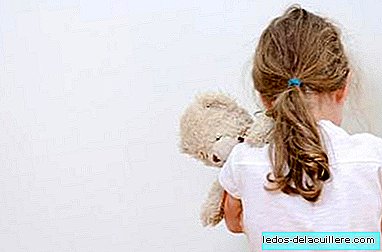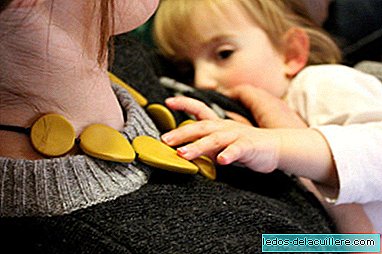
Although WHO recommends breastfeeding at least until two years of age of the child, long before that date breastfeeding is considered “prolonged” by most people, especially as long as we go beyond six months Exclusive feed. And it is also sometimes considered "useless", which we often deny in our pages. The bad (or the worst) comes when it is not only considered prolonged or useless but is thought to be bad or have some risk. And not, prolonged breastfeeding does not carry any risk for the child.
This is one of the most controversial parenting practices, so we like scientific societies such as the Spanish Association of Pediatrics to position themselves in this regard, and just as recently issued a report in favor of prolonged breastfeeding, this time it publishes a document very accessible and perfect for dissemination, a triptych with its recommendations on prolonged breastfeeding.
Specifically, it is the Breastfeeding Committee of the Spanish Association of Pediatrics that has prepared this leaflet intended to disseminate truthful information and publicize this issue among the general public, health and non-health professionals and, above all, families With nursing children.
In western countries breastfeeding is increasingly rare beyond one year of age, while in other cultures it is usual. The barriers, rejection or misunderstanding towards many mothers who decide to continue breastfeeding their children are evident in our society. But to those people who look at us badly, who encourage us to wean the child based on assumptions, myths, inaccuracies (even some difficulties can come from the health field), we can answer with what scientific societies say about it.
Therefore, we remind the AEP that prolonged breastfeeding has many benefits (nutritional, defense, neurodevelopment, for the mother ...), is a source of health and has no risk for the child who continues to feed on mom's chest
Only one exception is made, and it is in the case that the mother becomes pregnant again and there is a risk of abortion or premature delivery. But even then weaning is absolutely not recommended, but should be assessed. This is what it tells us in the document on the risks of prolonged breastfeeding:
No physical or psychological risks have been found in children who breastfeed above two-three years of age.
No relationship with dental caries has been demonstrated, being the best prevention measure for early and daily oral hygiene.
If you wish, you can continue breastfeeding even if you are pregnant. Only in case of threat of abortion or premature delivery should weaning be assessed.
You can also breastfeed both brothers (it is called "tandem breastfeeding"). If you feel comfortable with it, go ahead!
In defintiva, The longer the duration of breastfeeding, the greater the potential benefit for the child. This triptych is one of those papers that makes you want to carry it in your bag to show it to anyone who makes unfounded comments about whether or not we breastfeed our children beyond six months of age.




